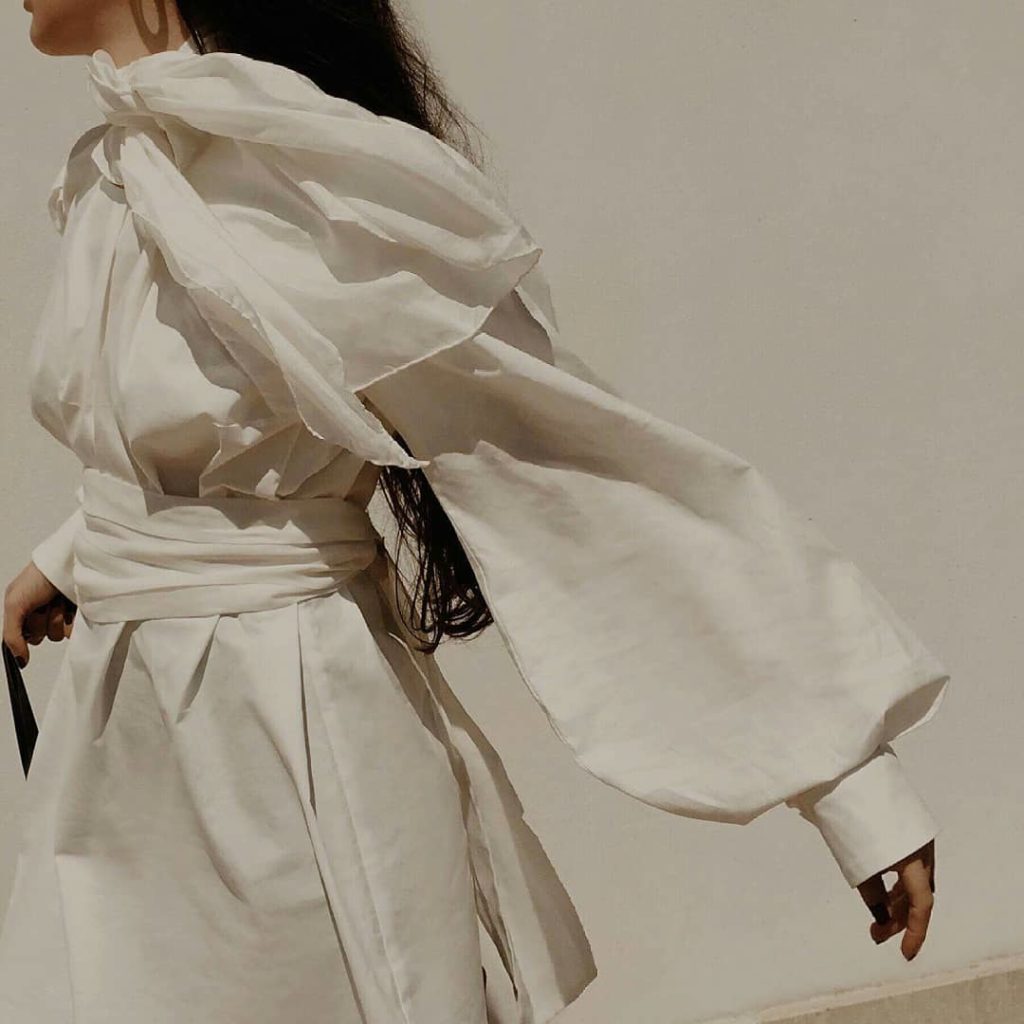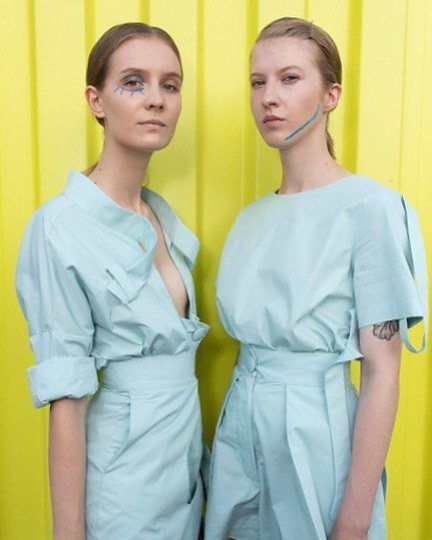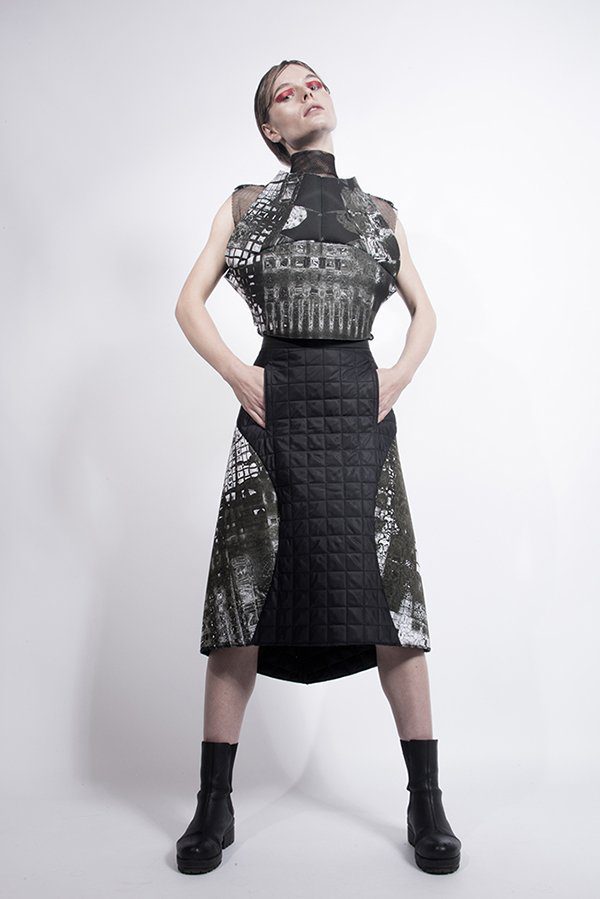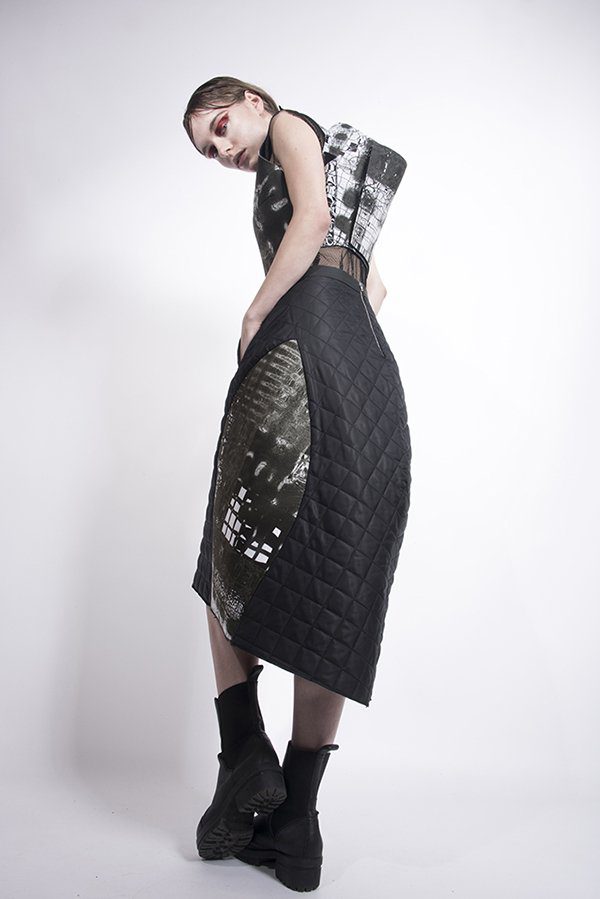When we talk about environmental policies and sustainability in general, the northern European countries always seem a step ahead of everyone, compared to us Italians, then, the distance seems a million miles away. In terms of fashion, in addition to many eco-sustainable Scandinavian brands, the events that host them are themselves marked by respect for sustainable values and for the circular economy, starting from the chosen locations, the topics dealt with and so on. This is the case for Helsinki Fashion Week, the fashion week that aims to the sustainability, as stated by Evelyn Mora, the founder of the event, certain that it is possible to invest on green issues and extend them to all aspects of the event. The last edition ended the day before yesterday, July 25, after 5 days full of fashion shows, exhibitions, seminars, all set in an infrastructure organized as an eco-village based on the use of ecological technologies and sources of renewable energy to guarantee a zero waste event.

30 are the brands showcased at the event, all based on the principle of sustainability for many reasons: the origin of the materials, the production techniques and/or the concepts of the collections. Here I present some of them, but you can find all 30 on the Helsinki Fashion Week website.


Interviewed here on eco-à-porter for a few days, our eco-designer Tiziano Guardini showed in Helsinki with his 2018/2019 fall / winter collection entitled ‘Colorful Mountain’, inspired by the power of lightning and by the barefoot steps on the mountains of the Zhangye Danxia Geopark, the Chinese national geological park characterized by unique colors, caused by various types of minerals of different pigmentation that have settled over time and which make the landscape almost dreamlike. The protagonist, therefore, is the nature, passion and inexhaustible source of inspiration for Guardini, together with the materials, all rigorously cruelty-free and environmentally friendly.


Nature and Italy again with Saneras, by the twins Siliana and Serena Arena, a brand that reflects the desire for harmony between the Earth and those who have the privilege of living it. The philosophy of the brand is based on a great sense of craftsmanship, on an accurate attention to details and the selection of natural, sustainable and high quality fabrics, while the garments are designed and made with the collaboration of artisan workshops in Rome, home of the brand. The collections are developed around the concept of ‘capsule wardrobe’, the one presented in Helsinki is called ‘Richiamo – cap II’, just like the chapter of a book.
Instead, speaks Finnish and Spanish Aubergin, global brand founded by Nevean Holmes and Anna Uimonen in 2015; born as a revolt against disposable fashion, the mission of the brand has always been to create non-trend sensitive designs by blending tradition and modernity, offering a new approach to female aesthetics. In this sense, in 2017 Aubergin has introduced the a-gender philosophy, with garments with relaxed and easy-to-wear lines. The collections are designed in Spain, in the atelier of Nevean and Anna in Palma de Mallorca, the fabrics come from European companies, including Italy and France and are 100% cruelty-free.


2WO+1NE=2 was founded in Athens by Stella Panagopoulou and Valisia Gotsi only last year; very young then but already rebellious and unconventional enough, the Greek brand strives for a perpetual battle with conformism and conventions, envisaging clothes as multidimensional structures, maintaining at the same time fashion’s allure. Each collection is inspired by a different city across the globe and by its architectural, cultural and social elements; in Helsinki the essences and forms of the Provençal village of Roussillon were presented, which also gives its name to the collection.


It is instead made in Germany Fuenf, young and dynamic brand of Berlin, that oscillates between streetwear and nonchalant elegance, bringing digital culture and fashion together. The first collection of Fuenf explores fractals, geometric objects each part of which repeats the whole. Their hypnotic shapes and perfect proportions have fascinated Ekaterina Zdanowicz-Musina, founder and designer of the German brand, who has made it the symbol of today’s dystopia, when the digital is continuously turning into our primary natural environment. Clash between technologies and nature, the new and the old, the future and the past expressed in a sober but edgy style. Fuenf garments are produced in Berlin and in small ateliers in Poland, with transparency and traceability as key aspects, often using recycled and eco-certified fabrics, while the prints, which are one of the most important aspects for the aesthetics of the brand, they are digital, therefore more sustainable than screen printing.
As you have seen, all of these brands are different but united by a sustainable commitment on several fronts and by a fashion that is opposed to the consumerist logics of throwaway and seasonality for a slower style, which enhances the handmade, quality and often female talent. And it is no coincidence that at the head of the event there is a woman who believes that sustainability and transparency are fundamental and central values not only of her manifestation but of the fashion system, in its present and above all in its future.


![Mono[PA6] by Freitag, a prova di economia circolare](https://eco-a-porter.com/wp-content/uploads/2024/05/freitag_monopa6_hero_master_16zu9_fin_01.2_0-218x150.jpg)















